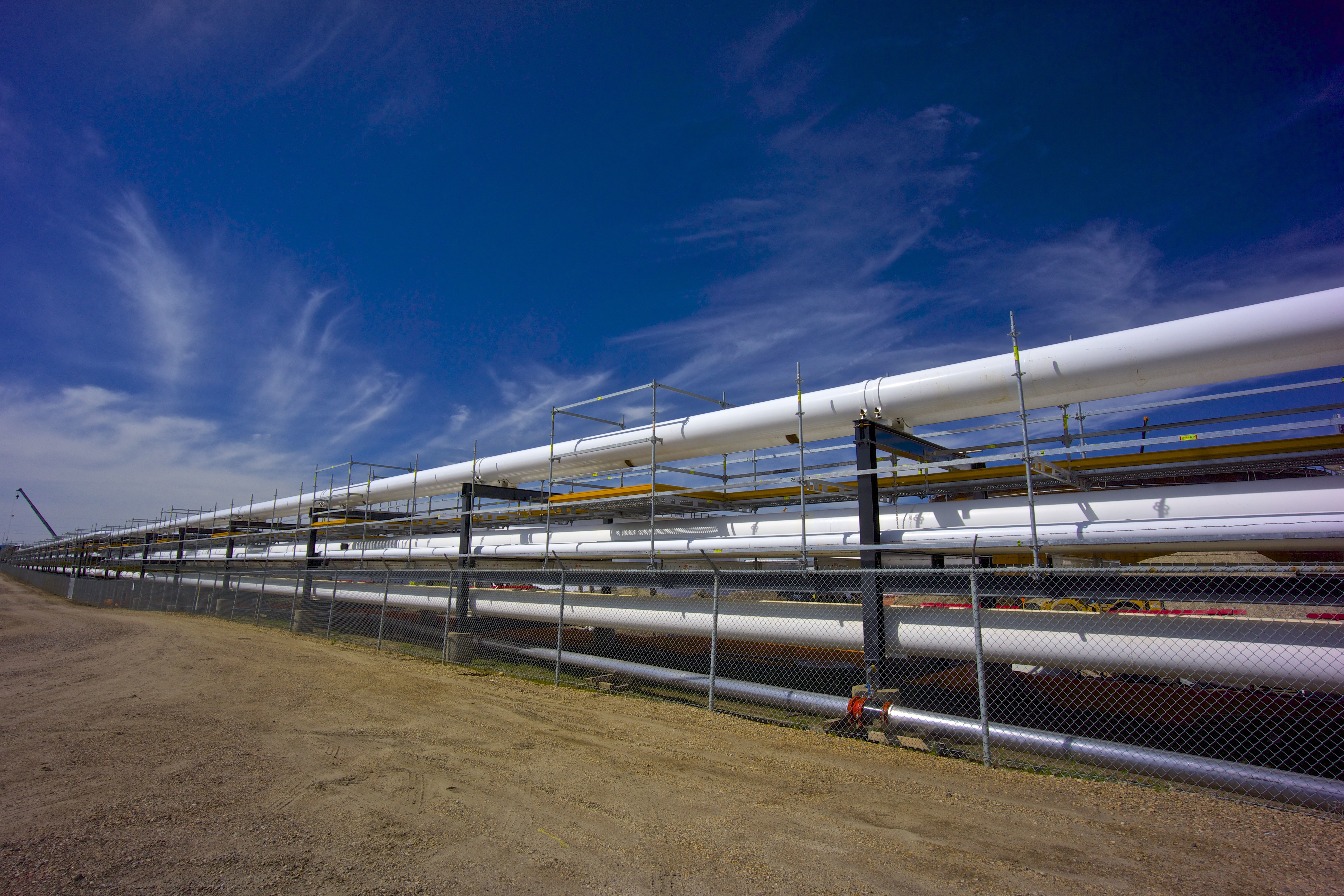Delayed Romanian Black Sea Gas Projects Pose Risk to Pipeline
BUCHAREST (Reuters) — Romania's gas grid operator Transgaz will likely finalize work on a European Union-backed pipeline this year, but with no progress on tapping offshore gas reserves it may have little to transport, an energy regulator said on Tuesday.
The pipeline to connect Bulgaria, Romania, Hungary and Austria (BRUA) and ease reliance on Russian gas will be able to carry 1.75 billion cubic meters of gas in its first phase, will cost an estimated 479 million euros ($553 million) to build.
"We hope BRUA will be finalized this year, but since we did not solve Black Sea gas extraction, I am wondering what we will be transporting through this pipeline," Maria Manicuta of energy regulator ANRE told a Focus Energetic conference.
Several gas producers have spent years and billions of dollars preparing to tap Romania's Black Sea gas, but were blindsided by price caps, taxes and export restrictions pushed by a previous center-left government.
The current centrist minority government has overturned some of the changes, but potential investors are still waiting for tax changes on offshore projects.
In January, U.S. energy major Exxon Mobil confirmed it was weighing an exit from the long-stalled Neptun Deep offshore project it holds jointly with Romania's OMV Petrom.
Petrom, majority-controlled by Austria’s OMV said in April it remains committed to the project, but that it needed the tax changes, as does smaller project Black Sea Oil & Gas, controlled by private equity firm Carlyle Group LP.
"I am sure that ultimately BRUA will be used, but in the very near future there is some risk," Manicuta added.
Unlike other countries in the region, Romania is almost entirely energy independent. It typically imports a fifth of its gas needs from Russia, with the rest produced locally, mainly by state producer Romgaz and OMV Petrom.
Related News
Related News

- Kinder Morgan Proposes 290-Mile Gas Pipeline Expansion Spanning Three States
- Enbridge Plans 86-Mile Pipeline Expansion, Bringing 850 Workers to Northern B.C.
- Intensity, Rainbow Energy to Build 344-Mile Gas Pipeline Across North Dakota
- Tallgrass to Build New Permian-to-Rockies Pipeline, Targets 2028 Startup with 2.4 Bcf Capacity
- U.S. Moves to Block Enterprise Products’ Exports to China Over Security Risk
- U.S. Pipeline Expansion to Add 99 Bcf/d, Mostly for LNG Export, Report Finds
- A Systematic Approach To Ensuring Pipeline Integrity
- 275-Mile Texas-to-Oklahoma Gas Pipeline Enters Open Season
- LNG Canada Start-Up Fails to Lift Gas Prices Amid Supply Glut
- TC Energy’s North Baja Pipeline Expansion Brings Mexico Closer to LNG Exports





Comments